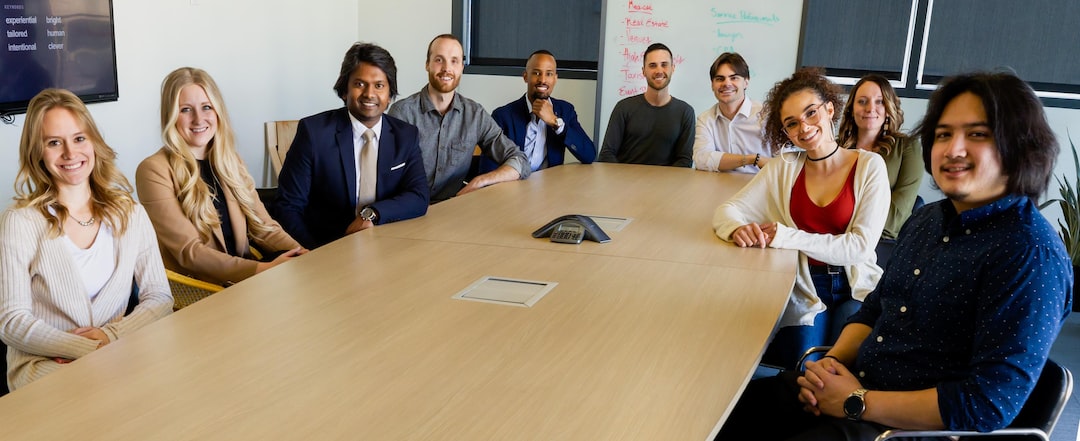在競爭激烈的數位行銷世界中,企業需要採用有效的策略來提高其網站的排名並增加知名度。其中一種策略是頁面 SEO,它涉及優化網站上的各種元素以提高其搜尋引擎排名。在本文中,我們將討論可以幫助提高您的網站在搜尋引擎結果頁面(SERP)中的排名的基本頁面 SEO 技術。這些包括關鍵字優化、元標籤、標題標籤、結構化資料等等。
目錄
關鍵字優化
關鍵字優化 是頁面 SEO 的一個重要方面,因為它可以幫助搜尋引擎了解內容與用戶搜尋查詢的相關性。為了針對關鍵字優化內容,你需要:
- 進行關鍵字研究: 確定使用者在 Google 中尋找與您所提供的產品、服務或資訊類似的產品、服務或資訊時所搜尋的熱門且相關的搜尋字詞。
- 在您的內容中包含目標關鍵字: 確保將目標關鍵字策略性地放置在內容中,例如標題、元標記和整個文字中。
- 保持關鍵字密度: 平衡關鍵字的使用,不要填充過多或利用不足。一般來說,關鍵字密度的目標是1-3%。
- 利用長尾關鍵字: 長尾關鍵字是較長、較具體的搜尋字詞,搜尋量較低,但轉換率較高。這些可以幫助吸引更多目標流量到您的網站。
元標籤
元標籤 是向搜尋引擎和使用者提供有關網頁資訊的 HTML 元素。頁面 SEO 的一些重要元標記包括:
- 標題標籤: title 標籤是定義網頁標題的 HTML 元素。它顯示在 SERP 和瀏覽器標籤上。確保您網站上的每個頁面都有一個包含主要關鍵字和品牌名稱的唯一標題標籤。
- 元描述: 元描述是網頁內容的簡要摘要,出現在 SERP 中的標題標籤下方。撰寫引人注目的元描述,準確描述您的內容並鼓勵使用者點擊進入您的網站。
標題標籤
標題標籤 對於組織和建立您的內容至關重要,使得搜尋引擎和用戶更容易閱讀。它們包括 <h1> (最重要的) <h6> (最不重要)。使用標題標籤時請遵循以下準則:
- 僅使用一個
<h1>每個頁面的標籤,通常用於頁面標題。 - 使用
<h2>主標題標籤和<h3>到<h6>副標題的標籤。 - 在您的
<h1>和<h2>標籤。
結構化資料和架構標記
結構化資料 是向搜尋引擎提供有關網頁資訊的標準化格式。 架構標記 是一種結構化數據,它使用 Schema.org 開發的詞彙來幫助搜尋引擎理解您網站的內容。透過實施結構化資料和架構標記,您可以使用豐富的摘要來增強您的搜尋結果,從而提高您網站的可見度和點擊率。一些流行的架構標記類型包括:
- 文章
- 產品
- 事件
- 食譜
- 常問問題
- 審查
內容格式和可讀性
結構良好且易於閱讀的內容對於留住網站使用者並鼓勵他們參與您的內容至關重要。為了提高內容的可讀性,請遵循以下準則:
- 將內容分解為較小的段落和要點
- 使用粗體、斜體、底線和其他格式樣式來強調要點
- 以清晰簡潔的方式書寫
- 使用簡單的語言,避免使用行話
- 利用圖像、資訊圖表和多媒體元素來支持你的文本
影像優化
優化網站上的圖像對於提高用戶體驗和頁面速度至關重要。若要優化影像,請套用以下技術:
- 調整圖像大小並壓縮圖像以減小檔案大小
- 使用相關且描述性的檔案名
- 為圖片添加替代文本,為視障用戶和搜尋引擎提供描述
- 使用響應式圖像幫助您的網站在不同裝置上更快地加載
內部連結
內部連結 指的是連接您網站上的相關頁面的過程。它可以幫助搜尋引擎了解您的網站結構,並透過提供相關內容來改善用戶體驗。一些內部連結最佳實踐包括:
- 連結到正文中的相關且有價值的內容
- 使用描述性和富含關鍵字的錨文本
- 確保您的內部連結符合 dofollow 規範,以允許搜尋引擎抓取和索引它們
- 定期審核和更新內部鏈接,以確保它們沒有損壞或過時
頁面速度和行動優化
快速加載的網頁對於良好的用戶體驗和更高的搜尋引擎排名至關重要。若要提高頁面速度,請依照以下步驟操作:
- 啟用瀏覽器快取
- 壓縮 HTML、CSS 和 JavaScript 文件
- 優化網站的程式碼和圖片
- 使用內容傳遞網路 (CDN)
除了頁面速度之外,確保您的網站針對行動裝置進行了最佳化也至關重要,因為大多數使用者都是透過行動裝置存取網路。實施響應式設計,根據使用者的裝置調整網站的佈局。
社交共享整合
在您的網站上整合社交分享按鈕,可以讓用戶更輕鬆地在他們的社交媒體資料上分享您的內容,從而提高您網站的曝光率和可信度。可整合的熱門社群分享平台包括 Facebook、Twitter、LinkedIn 和 Pinterest。
結論
頁面 SEO 對於提高您的網站在 SERP 上的排名起著至關重要的作用。透過實施本文討論的技術,例如關鍵字優化、元標籤、標題標籤、結構化資料、內容格式、圖像優化、內部連結、頁面速度、行動優化和社交共享集成,您可以顯著提高網站的知名度並吸引更多目標流量。請記住,SEO 是一個持續的過程,因此請不斷監控和更新您的策略以保持競爭優勢。



















